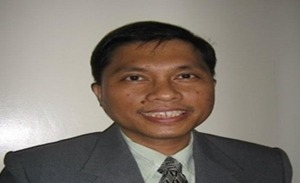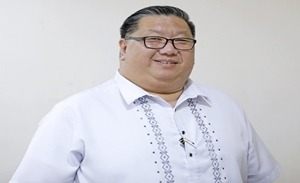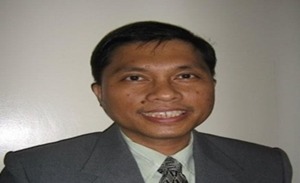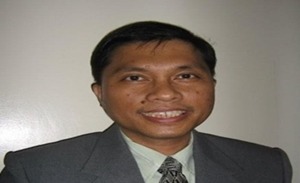OBLIQUE OBSERVATIONS
By Atty. Gilberto Lauengco, J.D.
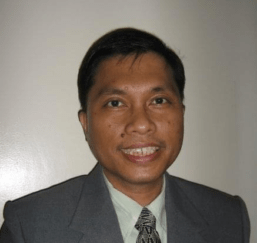
This year, I was able to complete 50 semesters or 25 years of teaching part-time at a university. As I sat and waited for my name to be called during the plaque-giving ceremony, I had a rare opportunity to reflect on the issues facing college teachers all over the country and even the world.
AI finding its way into college systems is sparking debate worldwide. In some countries, AI tools, including language models, image generators, chatbots and chatGPT and its ilk, have slowly wormed their way into the said system. Some professors have warned that these AI tools would promote cheating, produce student overreliance on said tools, and generally diminish critical thinking. Several groups of college teachers have advocated for a slowdown in adapting AI tools into the school system. Some college professors have embraced AI and found ways to integrate the same into curricula and research. These professors view AI encroachment as inevitable and feel that what is imperative is teaching the new generation to fit in the AI-first generation.
Another issue facing college professors is the debate on whether or not teachers should be overtly vocal about their political inclinations, especially in classrooms. A month ago, a University of the Philippines professor got into hot water for allegedly red-tagging some students and shouting insults at the same. Recently, some students in a top university complained about their teachers expressing their strong position on the recent political events in our country, which they deemed offensive and irrelevant to the subject he was teaching. Like comedians, teachers are currently having problems with over-sensitive audiences who get offended easily.
The issue of compensation has been a persistent problem, especially for full-time teachers. Teaching has never been a profession where one can get rich. The problem is when the compensation is not enough to meet one’s needs. As such, we have an ongoing exodus of teachers seeking higher paychecks abroad. This has given rise to the influx of more part-time teachers who do not rely solely on their compensation as teachers.
These and other issues are changing the landscape for college teachers. Can college teachers adapt? We must adapt. Otherwise, this profession will be diminished in ways we cannot yet fathom or contemplate.
As my name was called and I began to approach the stage, I ended my musings with the thought that we really need more teachers who can adapt and afford to make sacrifices. And so, I call upon many of my friends or batchmates who are contemplating retiring early from their day jobs to consider joining the academe. You really are needed.
These are my oblique musings.

